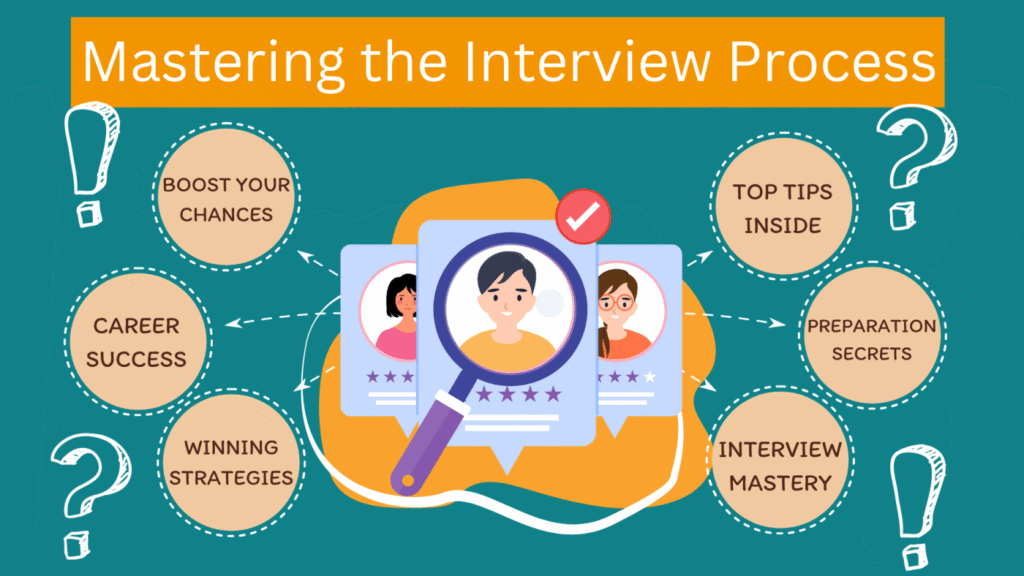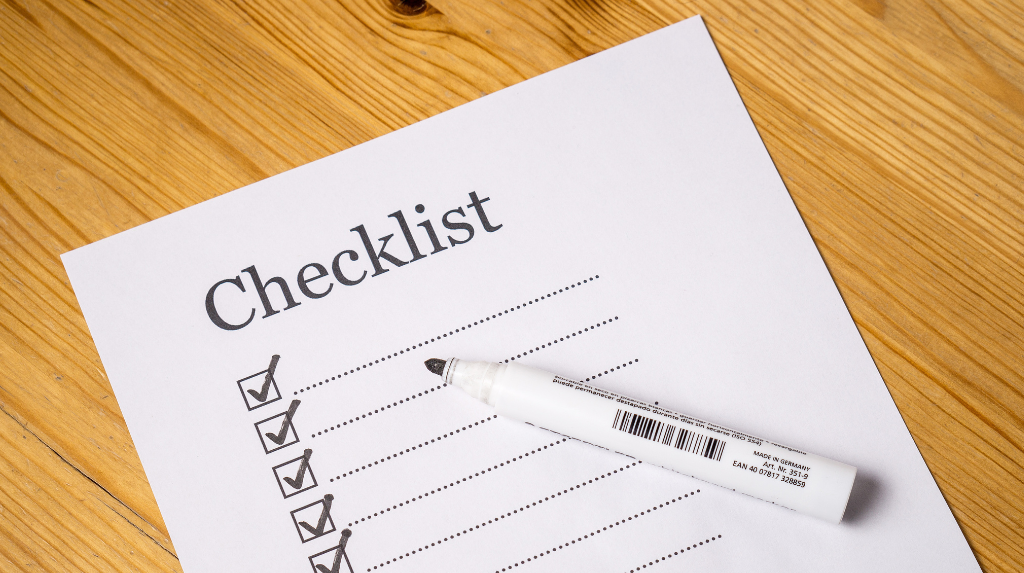- July 3, 2025
- Comments: (0)
Navigating the visa interview can be the most nerve‑wracking part of your application process. With the proper preparation, strategy, and mindset, you can transform anxiety into confidence and increase your chances of securing that coveted stamp. Below is a detailed, step-by-step guide—packed with expert insights and actionable tips—to help you crush your visa interview!

1. Understand The Purpose Of The Interview
The consular officer’s primary goal is to verify that you meet the requirements of the visa category you’ve applied for and intend to comply with the terms of your stay.
> Assessing eligibility: Confirm that you have the financial means, ties to your home country, and clear intentions.
> Evaluating credibility: Ensure your story is consistent and backed by documentation.
> Spotting red flags: Inconsistencies or missing papers can raise doubts.
Learn More: U.S. Department of State interview Overview.
2. Thorough Research & Preparation
(a) Know Your Embassy/Consulate
Local procedures vary by location. Check your mission’s website for guidance on appointment check‑in, security procedures, and COVID‑19 protocols.
Example: Nairobi U.S. Embassy interview tips → ke.usembassy.gov
(b) Familiarize Yourself With Common Questions
Intent and purpose: “Why are you traveling?” “How long will you stay?”
Financial: “Who is sponsoring your trip?” “Can you provide bank statements?”
Ties to home: “Do you have family or a job to return to?”
Previous travel history: “Have you been to the U.S. or other countries?”
Compile a question sheet and draft concise, truthful answers.
3. Master Your Documentation
(a) Create a Document Checklist
Passport (valid for at least six months beyond intended stay)
DS‑160 confirmation page (for U.S. visas)
I‑20/DS‑2019 or approval notices (for student/exchange visas)
Appointment confirmation
Financial documents: bank statements, scholarship letters, sponsorship affidavits
Ties to home: employment letter, property deeds, family certificates
(b) Organize for Quick Access
Use a clear folder or envelope, and arrange documents in the order you will most likely present them. This not only speeds up the interview but also demonstrates your organizational skills.
Official source: Visa document checklist templates

4. Practice Your Answers
(a) Conduct Mock Interviews
Roleplay with a friend, mentor, or immigration consultant.
Record yourself on video to assess body language and tone.
Focus on clarity and brevity: Consular officers often have limited time.
(b) Use the “STAR” Method for Behavioral Questions
Situation: Briefly set the context.
Task: Explain your role or objective.
Action: Detail what you did.
Result: Share the outcome and impact.
5. Dress and Demeanor
(a) Dress Code
Choose business casual or formal attire: collared shirt, dress pants, skirt, or suit.
Avoid loud patterns, excessive jewelry, or casual wear (e.g., jeans, t‑shirts).
(b) Body Language
Firm handshake, if offered.
Maintain eye contact and smile naturally.
Sit upright—avoid slouching or crossing arms.
6. Day-of-Interview Strategies
Arrive early: Aim to be at the embassy/consulate 30–45 minutes before your appointment.
Stay calm: Practice deep‑breathing exercises in the waiting area.
Listen carefully: Only answer what is asked; avoid volunteering extra information.
Be honest: Any inconsistencies can lead to delays or denials.

7. Common Pitfalls To Avoid
| Pitfall | Solution |
|---|---|
| Over‑explaining | Keep your answers concise and to the point. |
| Nervous fidgeting | Practice stillness—feet flat on the floor, hands folded. |
| Unprepared documentation | Double‑check your folder the night before. |
| Dishonesty | Always be truthful; even small lies can be exposed. |
| Negative body language | Project confidence—smile, sit tall, speak clearly. |
8. After The Interview
Follow-Up: If additional documents are requested, submit them promptly via the consulate’s specified channel.
Track your status: Many embassies offer online tracking systems (e.g., USTravelDocs).
Plan contingencies: Consider backup travel dates and accommodations in case of delays.
Why Choose SwiftPass Global?
SwiftPass Global is your trusted partner in every step of the visa journey. With personalized guidance, insider expertise, and a proven track record of success, we streamline the process so you can focus on your goals—whether studying, working, or exploring abroad.
Expert Consultants: Our team stays up‑to‑date with the latest visa regulations and embassy protocols.
Customized Strategies: We tailor your application and interview prep to highlight your unique strengths.
Dedicated Support: We’ve covered you from document review to post‑interview follow-up.
👉 Discover how SwiftPass Global can elevate your visa success!
Conclusion
You can crush your visa interview and secure approval by thoroughly understanding the interview process, mastering your documentation, practicing targeted answers, and projecting confidence. Remember, thorough preparation is your most potent tool—combine it with SwiftPass Global’s expert support, and you’ll be well on your way to making your international dreams a reality!